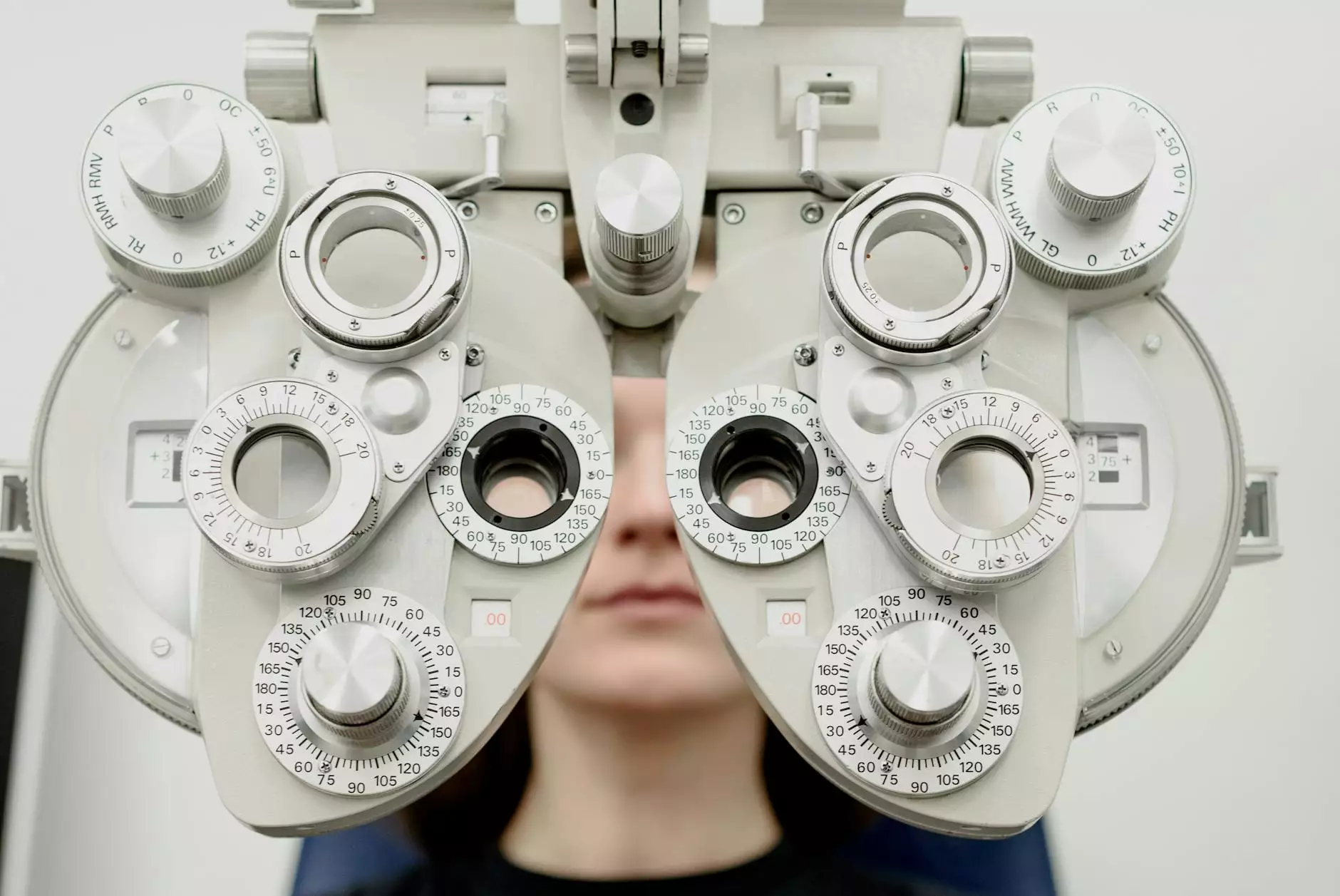Take the Low T Symptoms Quiz
Health
Welcome to CHI St. Luke’s Health - Performance Medicine, your trusted source for men’s health solutions.
Understanding Low Testosterone (Low T) Symptoms
Low testosterone, also known as Low T, can have a significant impact on a man's overall well-being and quality of life. It is a condition in which the body fails to produce enough testosterone, a hormone responsible for various functions in the male body. Identifying the symptoms of Low T is the first step towards addressing the issue and seeking appropriate treatment.
At CHI St. Luke’s Health - Performance Medicine, we understand the importance of accurate diagnosis and personalized treatment plans for men dealing with Low T symptoms. Our team of experienced professionals is dedicated to providing comprehensive solutions to help improve your overall health and well-being.
Common Low T Symptoms
If you suspect that you may have Low T, it is crucial to be aware of the common symptoms associated with this condition. While each individual may experience varying degrees of symptoms, some of the most prevalent ones include:
- Decreased sex drive and libido: Low testosterone levels can lead to a reduced interest in sexual activity.
- Erectile dysfunction: Difficulty in achieving or maintaining an erection can be indicative of Low T.
- Fatigue and decreased energy levels: Low testosterone can contribute to feelings of exhaustion and a lack of motivation.
- Loss of muscle mass: Testosterone plays a significant role in maintaining muscle strength and mass. Low T can result in a decrease in muscle mass.
- Increased body fat: Another common symptom is a noticeable increase in body fat, particularly around the abdomen.
- Mood changes: Low testosterone levels can cause mood swings, irritability, and even depression.
- Sleep disturbances: Men with Low T may experience insomnia or disrupted sleep patterns.
- Decreased bone density: Testosterone helps maintain bone health, so low levels can lead to reduced bone density and an increased risk of osteoporosis.
If you are experiencing any of these symptoms, it is essential to consult with a healthcare professional who specializes in men’s health, such as the experts at CHI St. Luke’s Health - Performance Medicine.
Take the Low T Symptoms Quiz
To help you assess your risk of having Low T, we have developed a comprehensive Low T Symptoms Quiz. This quiz is designed to evaluate your symptoms and provide you with a better understanding of your condition. It is important to answer the questions honestly and to the best of your knowledge for accurate results.
By taking the Low T Symptoms Quiz, you can gain valuable insights into your symptoms and determine whether further evaluation and treatment are necessary.
Comprehensive Men’s Health Solutions at CHI St. Luke’s Health - Performance Medicine
At CHI St. Luke’s Health - Performance Medicine, we specialize in providing personalized men’s health solutions, including the diagnosis and treatment of Low T. Our team of healthcare professionals works closely with each patient to develop a tailored treatment plan based on their individual needs.
In addition to our Low T treatments, we offer a wide range of services to promote overall men’s health and well-being, such as:
- Preventive screenings
- Cardiovascular assessments
- Weight management programs
- Nutritional counseling
- Exercise and fitness regimens
- Stress management techniques
We strive to empower men to take control of their health and live their best lives. Our comprehensive approach to men’s health ensures that each patient receives the personalized care they deserve.
Contact CHI St. Luke’s Health - Performance Medicine Today
If you are experiencing symptoms of Low T or have concerns about your overall men’s health, we encourage you to take the next step and seek help from the experts at CHI St. Luke’s Health - Performance Medicine. Our team is dedicated to providing compassionate care and personalized treatments.
Contact us today to schedule an appointment or to learn more about our comprehensive men’s health services. Don't let Low T symptoms hinder your quality of life - take action now!










